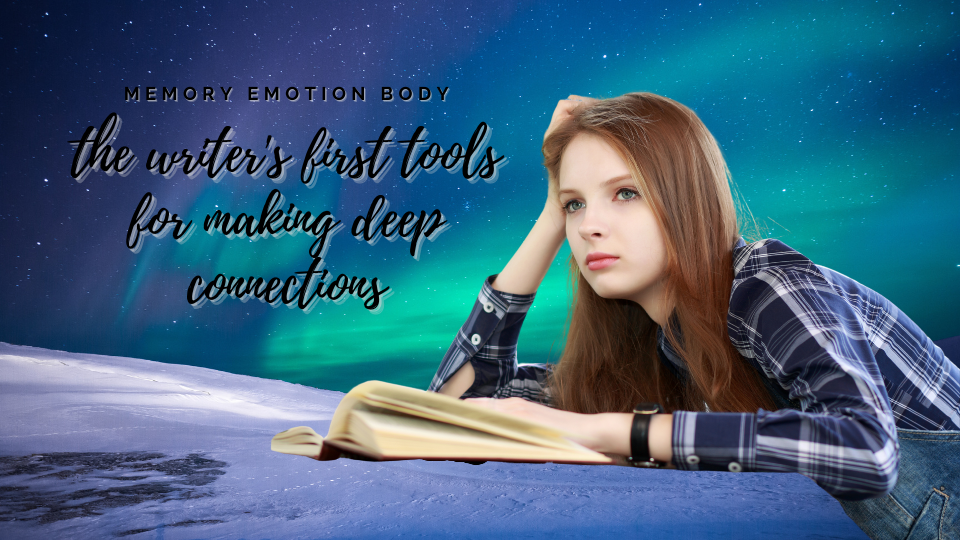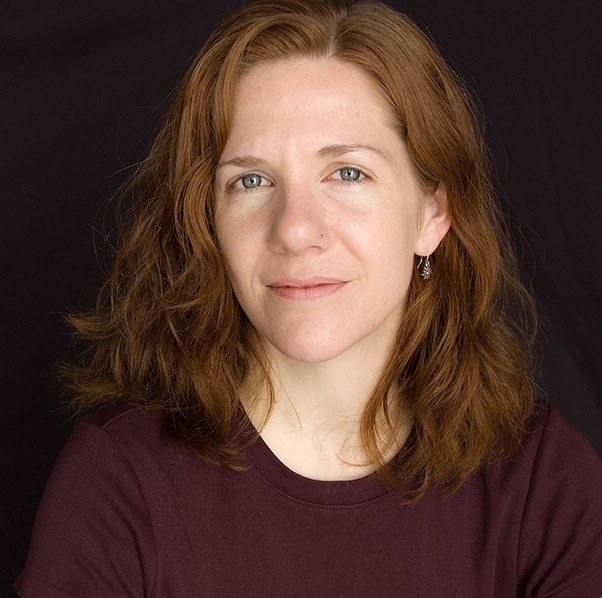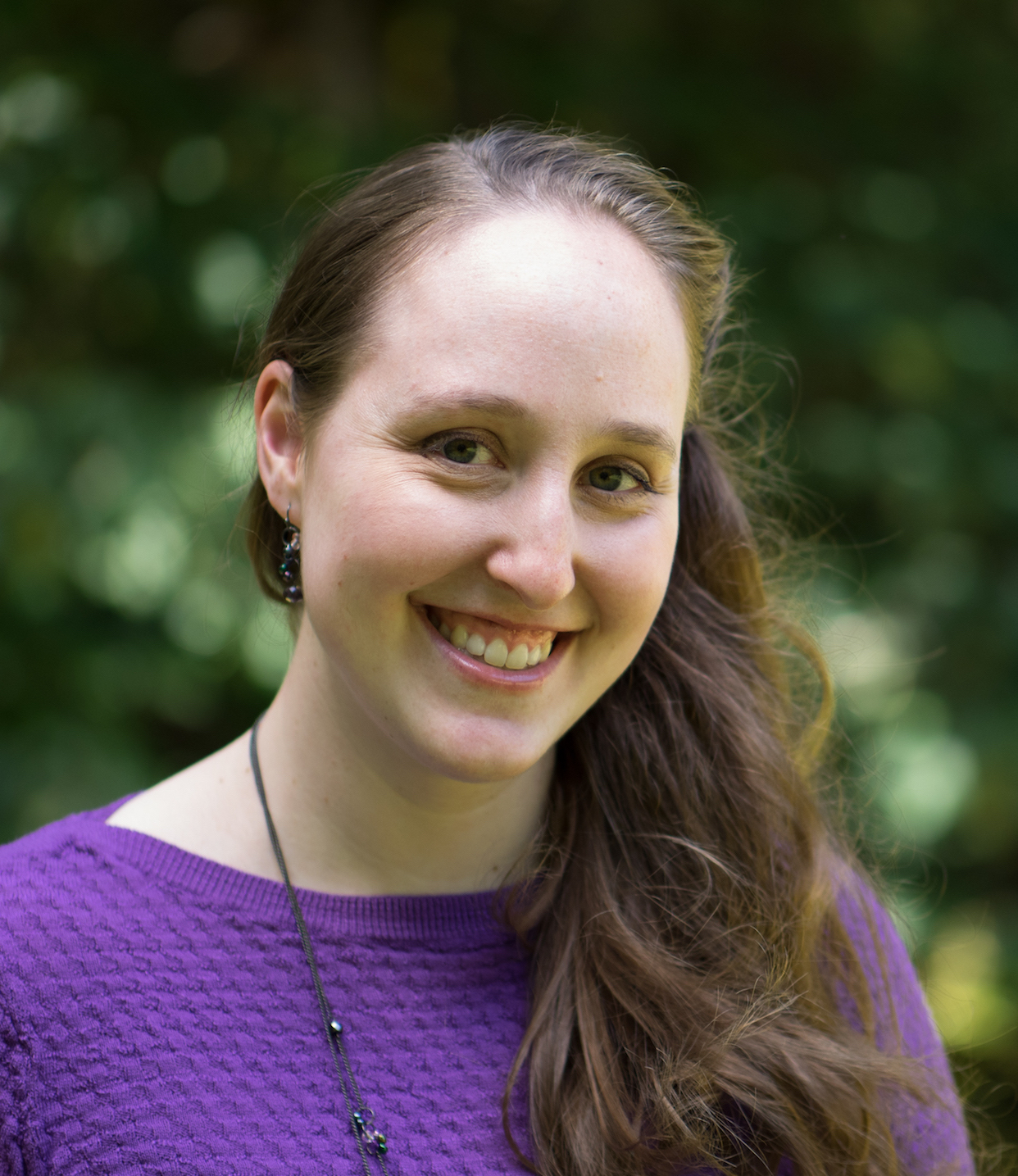This week at the Story Works Round Table, Alida, Robert, and Carlee get touchy feely as we explore the challenges and benefits of making your reader really feel your character. how do you move from sympathy to empathy to true personal connection?
Memory Emotion Body: the Storyteller’s First Tools
live workshop coming soon
The best storytellers move their readers, whether to laughter, tears, or some other point on the spectrum of human emotion. In order to write emotionally evocative, sensory rich, compelling narratives, we must mine our wellspring of personal experiences using the storyteller’s first set of tools: our memory, emotion, and body.
4-week, live workshop coming in January. Registration opens soon. Watch for more info.

VIDEO
AUDIO
SHOW NOTES
Why do we struggle with creating emotional pull as writers? And where do you craft it? Is it all in sentence-level revisions? We talk about stakes, universal human experience, and using subtext to create the most emotional impact.
What we talked about:
Why do writers struggle with emotional pull and how do you address it? (1:06)
Is it happening in the wrong way? (3:03)
The emotional pull isn’t all about the sentence level impact. (4:39)
Description is only one aspect. (6:11)
It’s all about the stakes! (7:58)
The situation doesn’t need to be relatable, but it must be a universal human experience. (14:27)
Get to the root of the human experience. (16:22)
Use show, don’t tell, and subtext. (17:48)
What about positive emotions? (20:03)
LINKS
Get Alida’s Writing Tips here.
Things we mentioned:
Outlander
Friday Night Lights
Circe by Madeline Miller
King Lear by Shakespeare
The Catcher in the Rye by J.D. Salinger
Want more about these topics? Check out:
Have thoughts, questions, other examples? Join the conversation at the Story Works Writers Facebook group.
Do you enjoy the show?
Do you learn something every week?
Do you feel like you have company on your writing journey?
About Your Hosts

Alida Winternheimer is an award-winning author with an MFA in writing from Hamline University. She pursues her fervor for all things story as a writing coach, developmental editor, and teacher. Two of her short stories were nominated for the Pushcart Prize. She is the author of The Story Works Guide to Writing Fiction Series. Alida lives in Minneapolis, Minnesota with her Golden Retriever, Seva the Wonder Dog. She camps, bikes, and kayaks in her free time. Unless it’s winter, in which case she drinks chai by the fire. You can find more at www.alidawinternheimer.com.

Kathryn Arnold writes fantasy and anything else that sparks her creativity from her home in Kingston, Washington. She currently earns her living as an insurance underwriting assistant, where she also creates marketing and web copy. When not writing, she plays (and teaches) piano and keyboard in a band (or two), and is working on starting a ministry team with her husband. You can find Kathryn at www.skyfirewords.com.

Robert Scanlon was born in Australia, but whisked off to England when only a baby. After many years complaining about the weather, he did the sensible thing and moved back to Australia. Despite a career in the music industry, followed by decades teaching public speaking, Robert is an introvert who adores reading. Robert grew up on a diet of sci-fi masters, eventually discovering he had read the library’s entire science fiction section. Now he has to write his own. Robert is the author of Constellation, book one of the Blood Empire space opera series. Find out more at www.RobertScanlon.com

